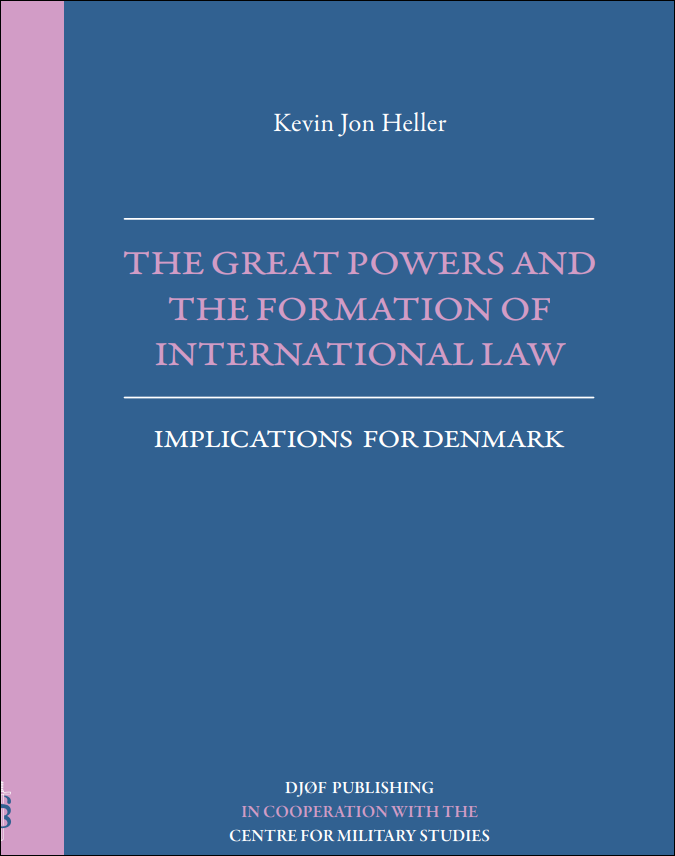The Great Powers and the Formation of International Law: Implications for Denmark
The United States, Russia, and China – the current “Great Powers” – often disagree over the primary rules of international law, such as the scope of self-defence in response to an armed attack. Sometimes, these disagreements are rooted in very different understandings of the formal sources of international law: the sources that determine what qualifies as a primary rule.
The new CMS report “The Great Powers and the Formation of International Law: Implications for Denmark” maps these different understandings and examines how Denmark can navigate Great Power disagreements over international law.
Great Power Differences
The report explains how the US, Russia, and China perceive the formal sources of internal law in abstracto – which they privilege and why, methodological inconsistencies in how they understand and apply a particular source. Russia and China, for example, are traditionally more skeptical of customary international law than the US. Thus, the differing perceptions of the Great Powers have a significant influence on how they interpret and apply international law in practice. This influence is analyzed and illustrated in four key areas of international law: jus ad bellum, jus in bello, arms control, and cyberspace.
Recommendations
The report discusses how Denmark should position itself to influence great power disagreements regarding international law. Considering the very different interpretations among the great powers, the report argues that a small state like Denmark will find it much easier to impact such discussions if they approach them with a deep understanding of the formal source that a Great Power favours and what kinds of arguments concerning the interpretation and application of the formal sources a Great Power tends to accept.

